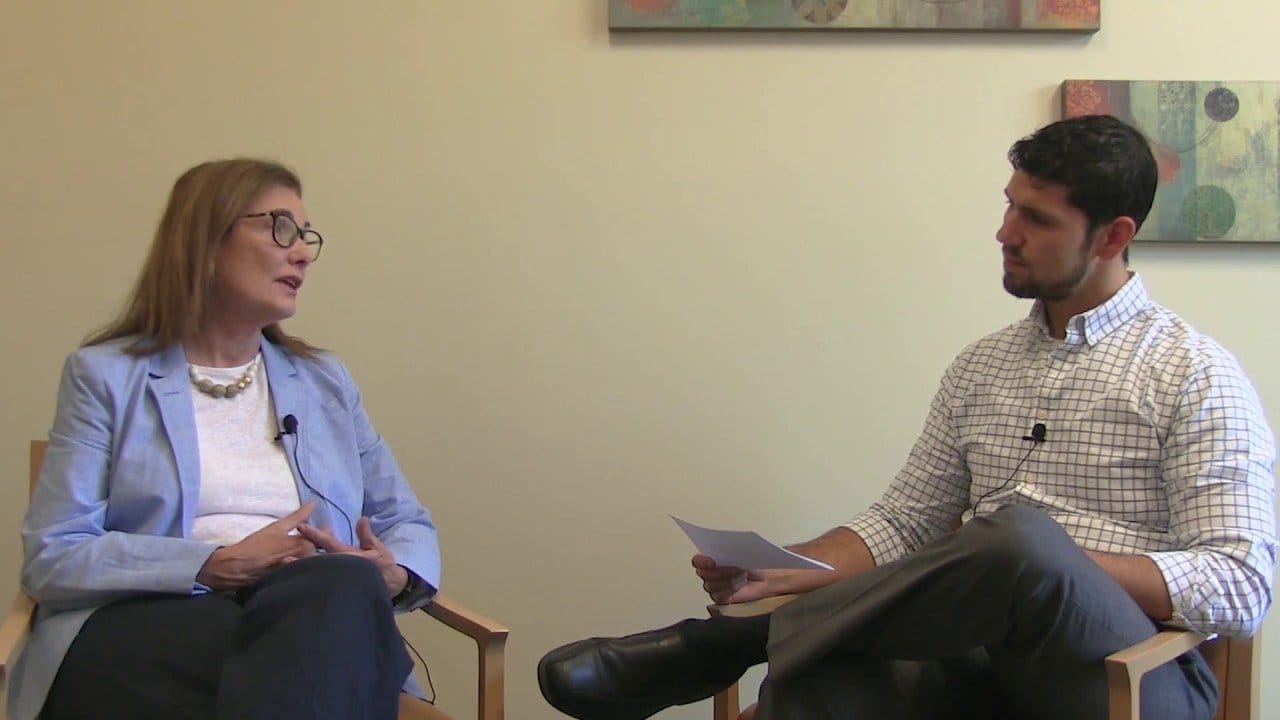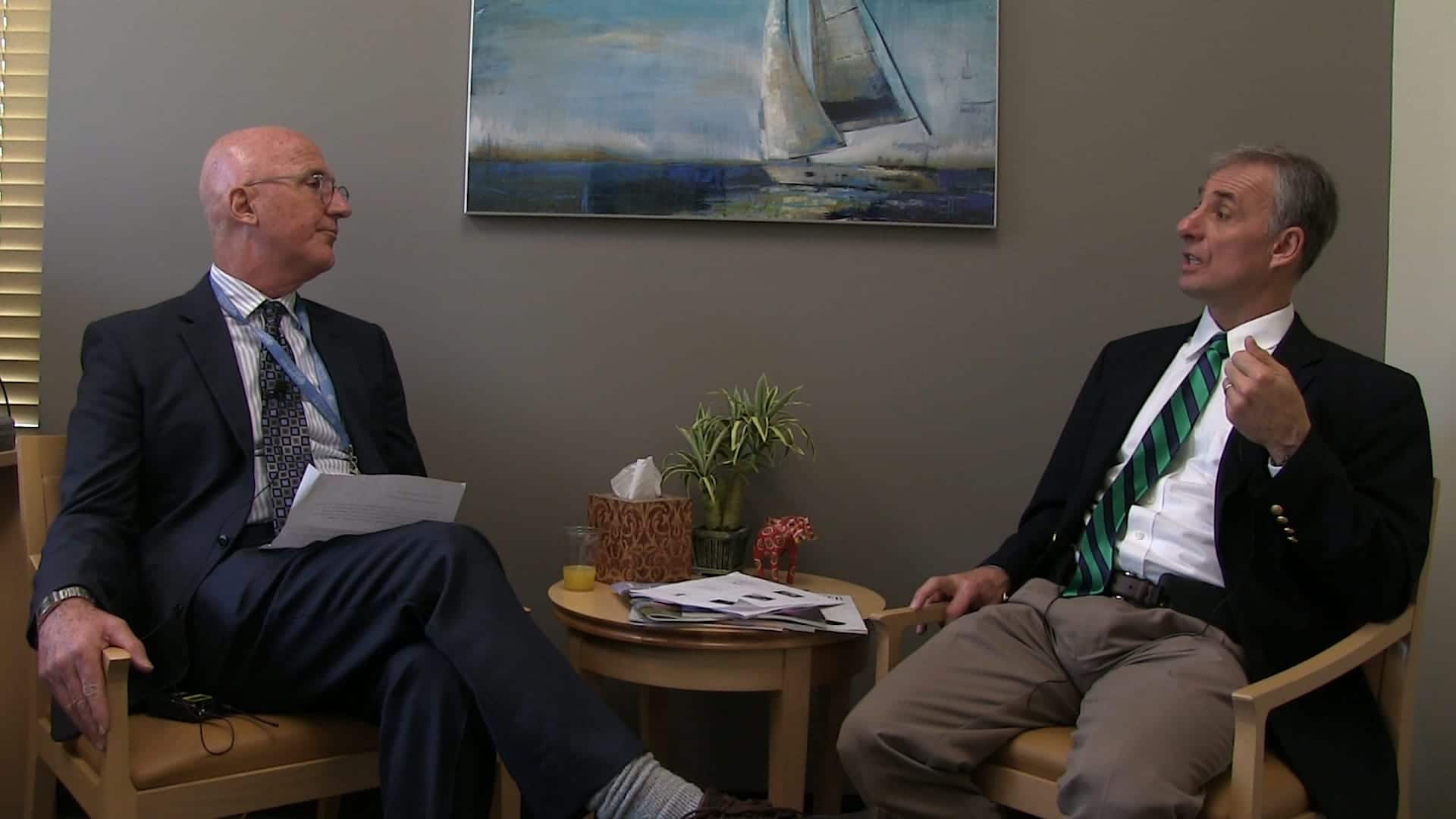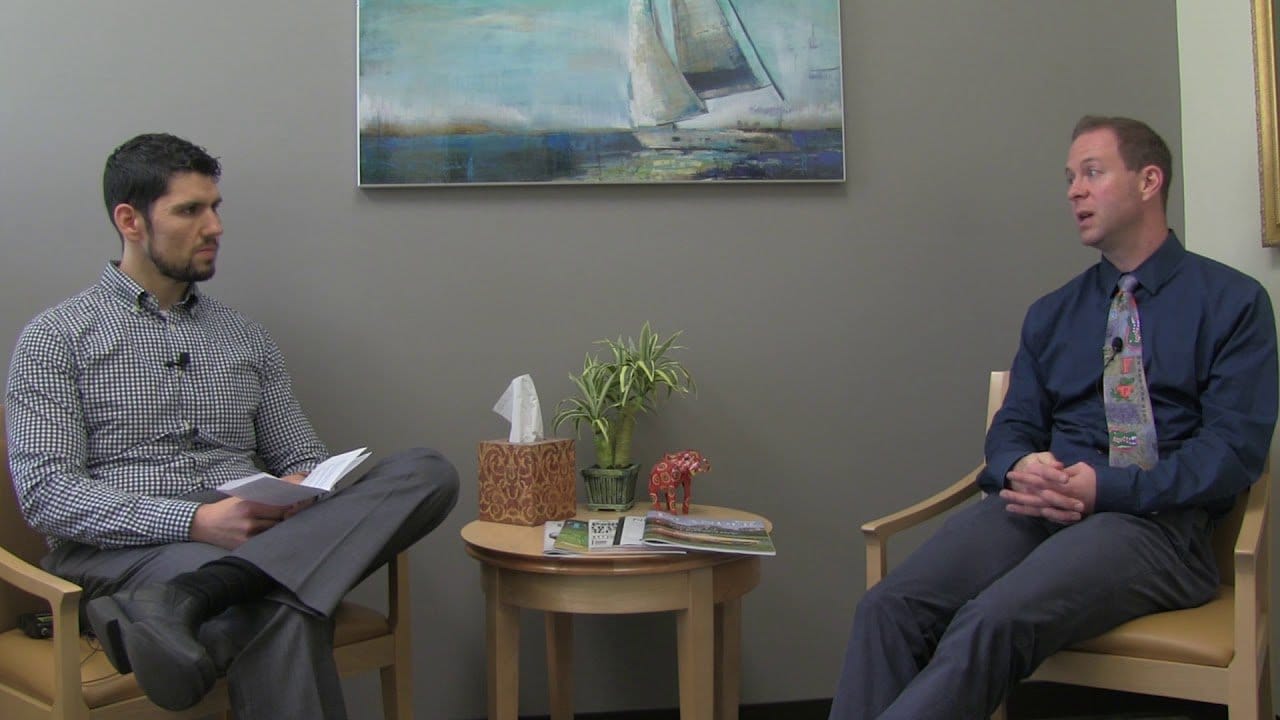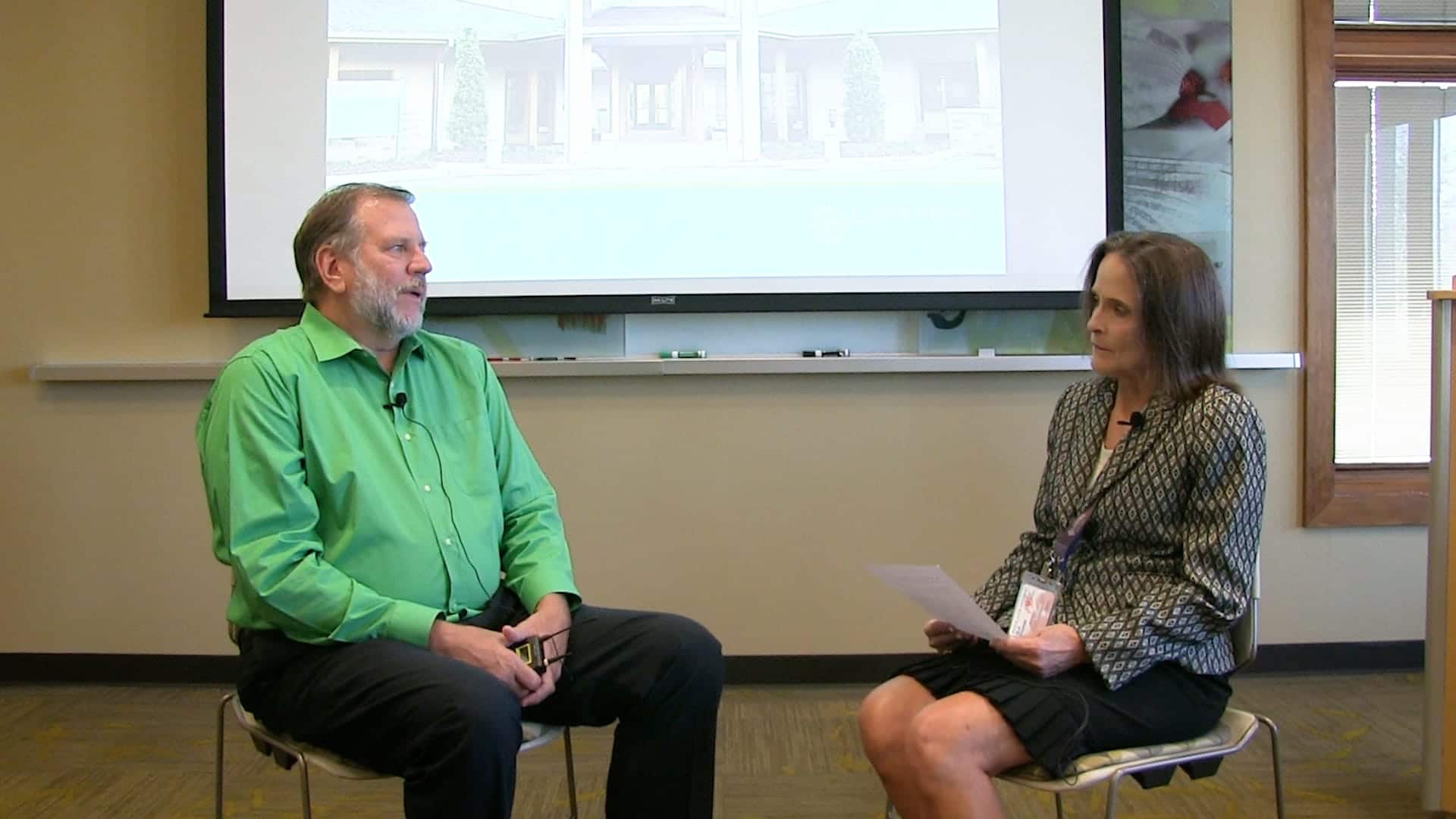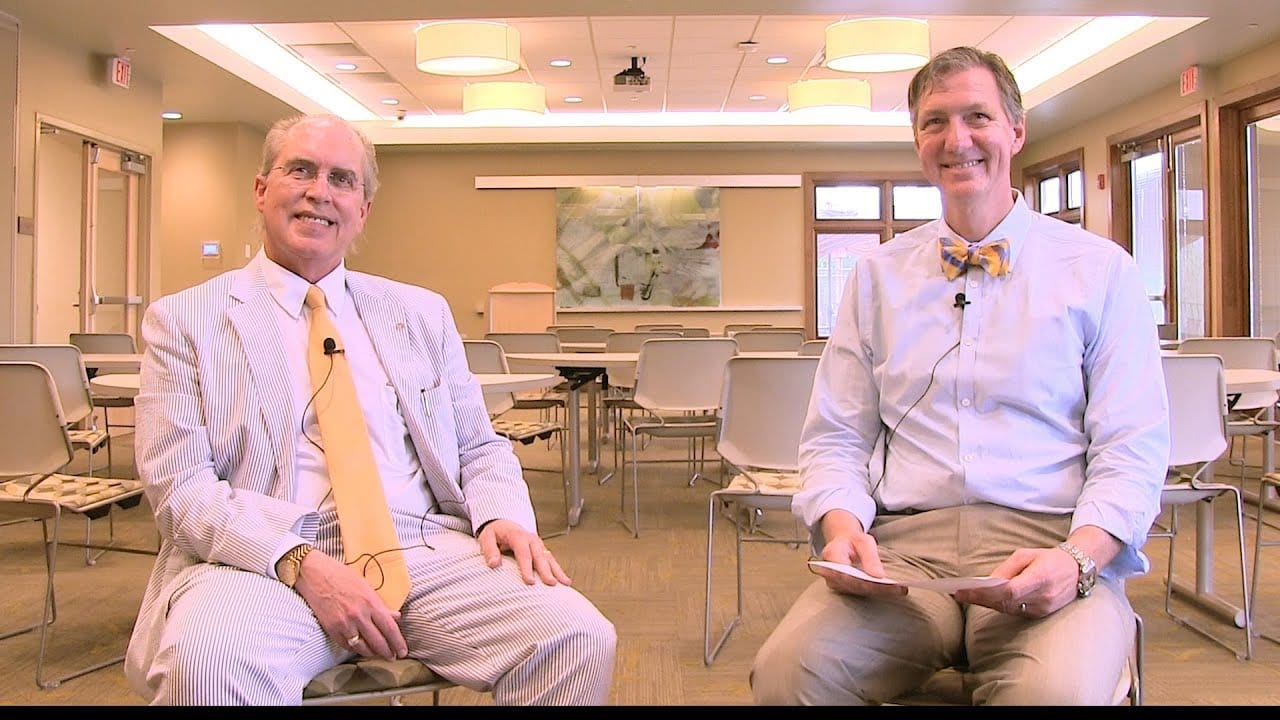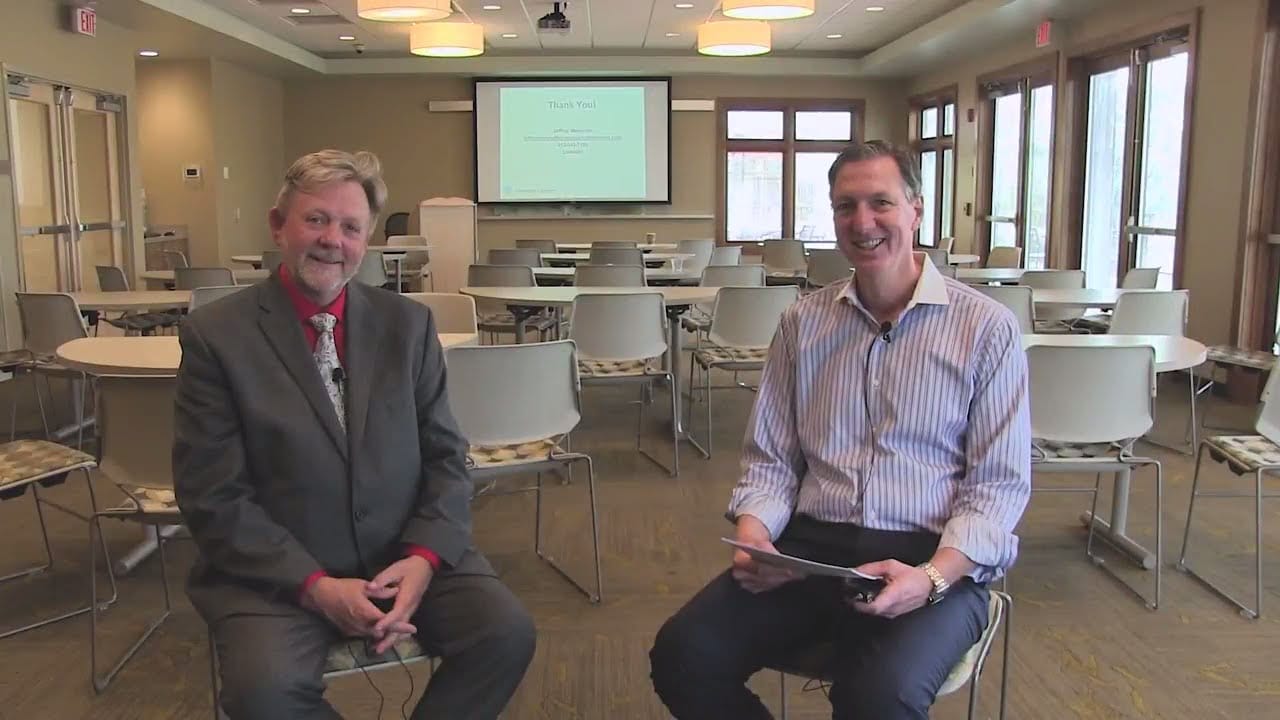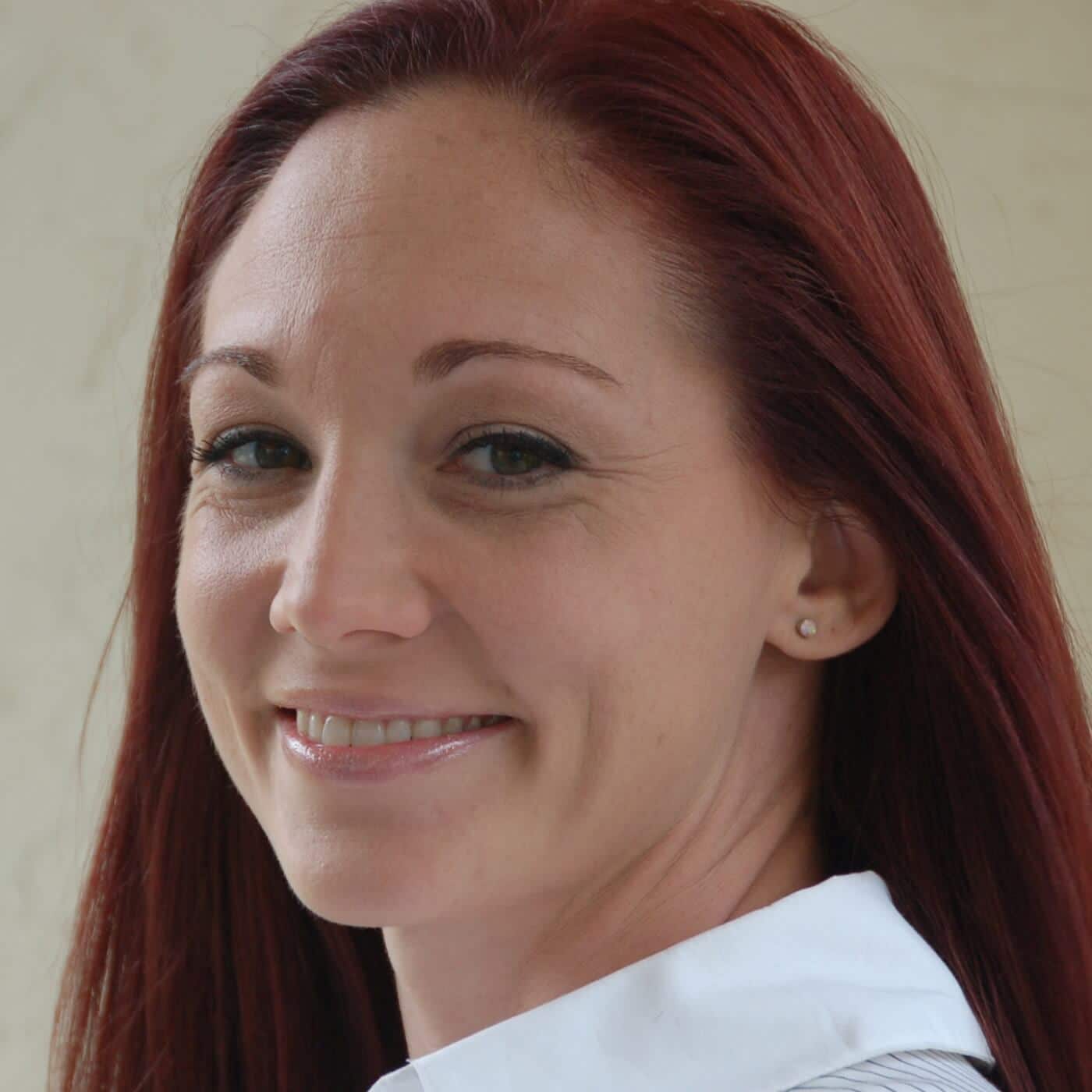

By: Lakeview Health
In this podcast, alumni coordinator Ami Gilland discusses how Lakeview helps its alumni, beginning while they are still in treatment and then as they re-enter their worlds. Alumni support can include peer-to-peer work, keeping in touch by phone and just touching base on the little things that come with building a sober life.
Podcast Transcript
Gina Thorne: Hello, everyone. This is Gina Thorne and I’m back again with the Lakeview podcast series. I’m joined today with Ami Gilland, alumni coordinator for Lakeview. Welcome, Ami. Ami: Hi, thank you Gina: We’re real excited to have you here today; we’re looking forward to hearing more about what is the Alumni Program here at Lakeview? But before we do that I would like to talk to you a little bit about your background. What got you into working here at Lakeview and what is it about the field that interests you so much? Ami: Well, to begin I would have to say most if my working career was revolved around customer service. I am definitely a people person; love to be out in the community and being a part of interacting with things. And the second part of it was I was involved in early childhood development and teaching and I generally chose to stick with the younger children, because I felt that building a solid foundation was very critical in order to learn things. So I feel with those two fields kind of meshed together, Lakeview is just an awesome opportunity for me to provide services to people that are early in recovery and to build that foundation. Gina: Absolutely, and that’s what we’re about–trying to give people those skills early on. So, if people were listening and they were interested in hearing more about what we do for our alumni program, how would you describe our alumni program? Ami: Well, I would like to begin that I believe the relationships starts while they are in treatment in our facility. I do like meet with our clients and build a rapport and kind of put a face with the program. I like to talk to them and learn about what they would like to do when they leave treatment as far as transition and help give them resources and choices in where they want to go in their recovery. Not everyone moves at the same rate, not everyone has the same goals and I like to take an individual approach to help a person and build that good foundation and a good network and see what they need most. Gina: So it really is an addition to what our clinical staff is doing by sort of offering that recovery support for them? Ami: Absolutely, absolutely, and if they have any questions, I’m always there to support them in their decisions if they have anything different. Gina: And part of what you do also is the telephonic support–you do a lot of that too, don’t you? Can you talk little bit about that? Ami: Yes, I like to do a lot of that. Again, once I meet the clients while they’re here, I like to put that face, face with the relationship so that when they do leave treatment, I can contact via phone or at any time they can contact me: phone, email that type of thing. In order to just kind of check in and touch base and see how things are going, if they have any questions or maybe they’ve changed their mind or something’s come up, you know, we’re always there to support them whether it be 2 days, 2 months or 2 years down the road. Gina: And obviously the next question I was going to have is, how does this program serve to help our patients and families, by offering this telephonic support? That’s one way that we do that. Ami: Yes, yes. Gina: So we’re hopeful that we’re going to be launching a new program called Recovery Management, in that we are developing this new concept that we’re adapting called Recovery Coaching. And you’ve recently gone through training for that. Can you talk a little about that and what you think the vision for that would be like for Lakeview? Ami: Yes, I’m actually really excited. Lakeview has given me the opportunity to go to this training and I’ve been taught things that are new to me as well. So it’s a growing and learning process for everyone. I’m really excited about this recovery coaching. What I’ve learned is how to be an advocate and a special support system with more of a peer-to peer basis in order to guide that client through their recovery. Gina: And working in tandem next to the therapist, but not instead of the therapist Ami: That is correct, yes. Gina: So, part of that would be working with recovery life skills and looking at basic things like grocery shopping and transportation. Ami: Yes all those, the minor details. We have a phenomenal staff that comes together and helps each individual and I’m a a support system and kind of gap those little bridges that someone may forget about or just kind of oversee. Gina: It’s a great addition that we’re offering to our alumni component. So how important do you see your role in helping support our newly sober alumni? Ami: I think it’s what we offer for our alumni and, hand in hand with the recovery coaching, is just a wonderful asset. It’s something I haven’t seen done in a lot of other places. I think this could be done on a long-term basis, which is the goal for long-term sobriety. Keeping in contact with them as much as we try to and like to, we have different kinds of activities and support groups and just a lot of different ways to keep in contact with them. I think gives them a better foundation, a better support system, and worst-case scenario, a better safety net. Gina: So, family members are probably listening to this too and what would you say to the family member who may have someone at home struggling with this problem? How do you see the alumni program can help with the family member? Ami: Well when this does affect a lot more than just the person, who may ask for help or may be recommended for help. The family and loved ones and anyone close by is affected. We do encourage that they do go to other support groups to help themselves, not only just to help the person in need, but also to help themselves to become a stronger individual and realize their own needs and wants. Gina: Because this is a family disease. Ami: Yes, absolutely. Gina: So everybody needs to be engaged. So my last question is, what do you think sets Lakeview Health apart from other treatment programs? You have been with us for a little while now, so we obviously are very biased about Lakeview. So I’m just kind of curious of what you think sets us apart? Ami: I can’t speak firsthand, but I know when I do go to the community and other 12-step programs and speak with different people at different stages of recovery, their introduction to treatment, this facility I feel I can refer to as we are not a detox and discharge; we are there for you, to help you. I feel that some other places may not give the investment of long-term recovery, whereas Lakeview, I feel, goes above and beyond. We have alumni that stay connected for a long time you know; I heard a lot of good things and starting to see a lot of long-term recovery in our alumni. Gina: That’s great, well we thank you for your work you’re doing here at Lakeview and we’re grateful we had the chance to talk with you today. Ami: Thank you very much. Gina: So for those of you that are still interested in learning more about Lakeview, we encourage you to look at us at lakeviewhealth.multiplica.dev, again, lakeviewhealth.multiplica.dev. If you’d like to give us a call, feel free to reach out to us at [Direct] . Thank you.
